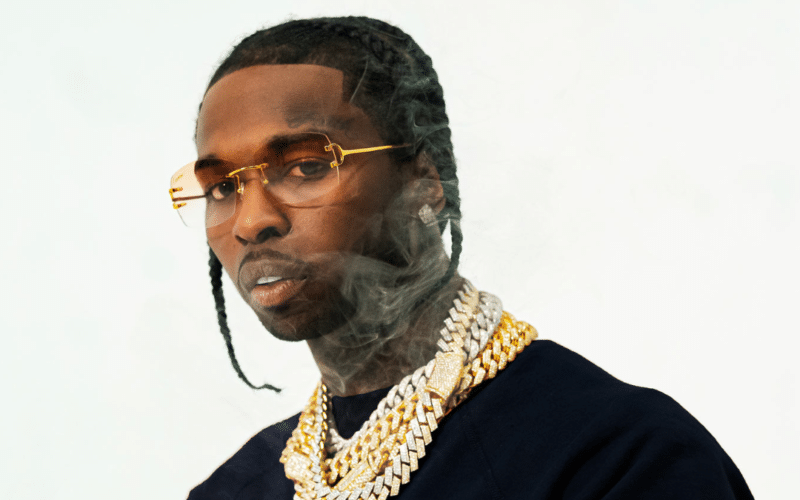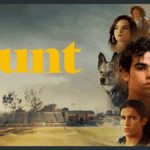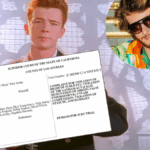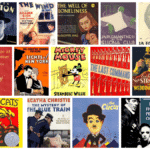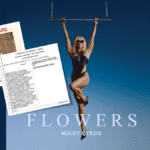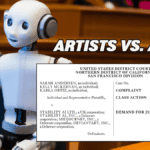A music journalist whose interview with Pop Smoke was used in a track on the late rapper’s album has settled her copyright lawsuit against his record label.
Freelance music journalist Victoria Inoyo (who also happens to be a law student at USC) filed notice on Wednesday dismissing her claims against Pop Smoke’s record label Victor Victor Worldwide, along with additional defendants Universal Music, Republic Records and Warner Chappell Music. The voluntary dismissal with prejudice comes less than two months after the case was first filed, with each side bearing its own attorney’s fees and costs. These provisions strongly suggest that the parties reached a monetary settlement of some kind, although the actual terms are confidential.
The case arises out of an interview with Pop Smoke that Inoyo conducted backstage at the Rolling Loud music festival in Los Angeles in 2019 and thereafter posted on her YouTube channel.
According to Inoyo’s complaint (read here), Pop Smoke’s label reached out to Inoyo last year seeking her permission to incorporate portions of the interview into a track on Pop Smoke’s posthumous album, but only offered her a dollar for the rights. When she and her lawyer tried to negotiate, the label responded that it wouldn’t be using the interview after all.
Tragically, Pop Smoke was shot and killed in a home invasion in February 2020. Five months later, defendants released the rapper’s critically-acclaimed first album, “Shoot For the Stars, Aim for the Moon.” The album reached #1 on the Billboard 200, making Pop Smoke the first solo artist in hip hop history to have a posthumous album debut at the top of the charts.
Notwithstanding the label’s alleged representation to Inoyo, one of the album tracks, “Tunnel Vision (Outro)” uses about 16 seconds of her recorded interview, and features her voice as well as that of Pop Smoke. Inoyo registered the copyright in her interview and brought a complaint in Los Angeles federal court in November for copyright infringement along with a count for violation of her right of publicity.
Had the case proceeded, I’d have expected the defendants to attempt to mount a fair use or implied consent argument on the copyright claim. They would have also had a pretty strong copyright preemption defense on the right of publicity claim. But legal issues aside, this was a case that had lousy optics from the jump, given that the parties apparently were negotiating a license until the label represented that it no longer planned to use the interview.
The pièce de résistance, of course, was the one dollar offer. There are still a few things you can buy for a buck, but a copyright license typically isn’t one of them. Ironically, the label’s offer wasn’t even enough to cover a digital download of the allegedly-infringing track on the iTunes store ($1.29).
I would have loved to learn the backstory behind all of this as the case unfolded, but sometimes as a defendant it’s better to reach a settlement quickly and quietly and move on. This was one of those times.
As always, let me know what you think in the comments or on one of the Copyright Lately social media accounts.
